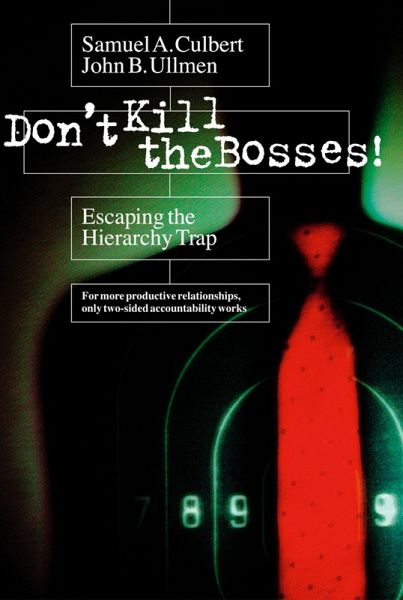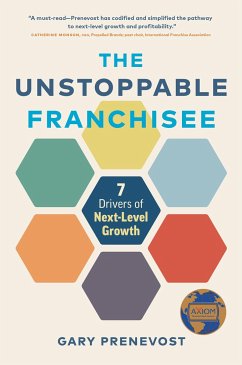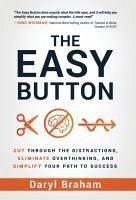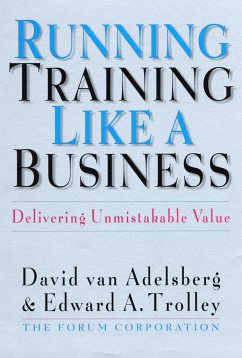
Don't Kill the Bosses!
Escaping the Hierarchy Trap
Versandkostenfrei!
Versandfertig in über 4 Wochen
19,99 €
inkl. MwSt.

PAYBACK Punkte
10 °P sammeln!
The boss/subordinate relationship is an age-old problem cited in almost every management book and on-the-job survey as an area rife with dishonesty and inefficiency. All too often, subordinates spin the truth for those above while bosses fail to establish the conditions required for subordinates to tell it to them straight. The end result is warped communication, corrupt internal politics, illusionary teamwork, pass-the-buck accountability, and personal dispiriting-and the company is always the big loser. Don't Kill the Bosses! reveals the "trap" created when people fail to differentiate betwe...
The boss/subordinate relationship is an age-old problem cited in almost every management book and on-the-job survey as an area rife with dishonesty and inefficiency. All too often, subordinates spin the truth for those above while bosses fail to establish the conditions required for subordinates to tell it to them straight. The end result is warped communication, corrupt internal politics, illusionary teamwork, pass-the-buck accountability, and personal dispiriting-and the company is always the big loser. Don't Kill the Bosses! reveals the "trap" created when people fail to differentiate between the positives of hierarchical structure and the negatives of hierarchical relationships. Far from being opposed to hierarchy, the authors believe strongly that an accurate and cleanly defined organization chart is vital. But they show how to implement an alternative model of hierarchy: two-sided accountability. Drawing on case studies from their consulting practice, Culbert and Ullmen show how this new model leads to a freer flow of information, more creative problem-solving, and quicker response to changing conditions. Unlike other books that acknowledge boss/subordinate relationships as a systematic, continuing problem and offer skill development suggestions for dealing with it, Don't Kill the Bosses! tells how to think about the problem in a way that will enable readers to understand the steps they need to take to change things. It diagnoses what's missing in boss/subordinate relationships, connects what's wrong with them to personal and organizational outcomes, and defines the whole new mentality required to make them work successfully.












